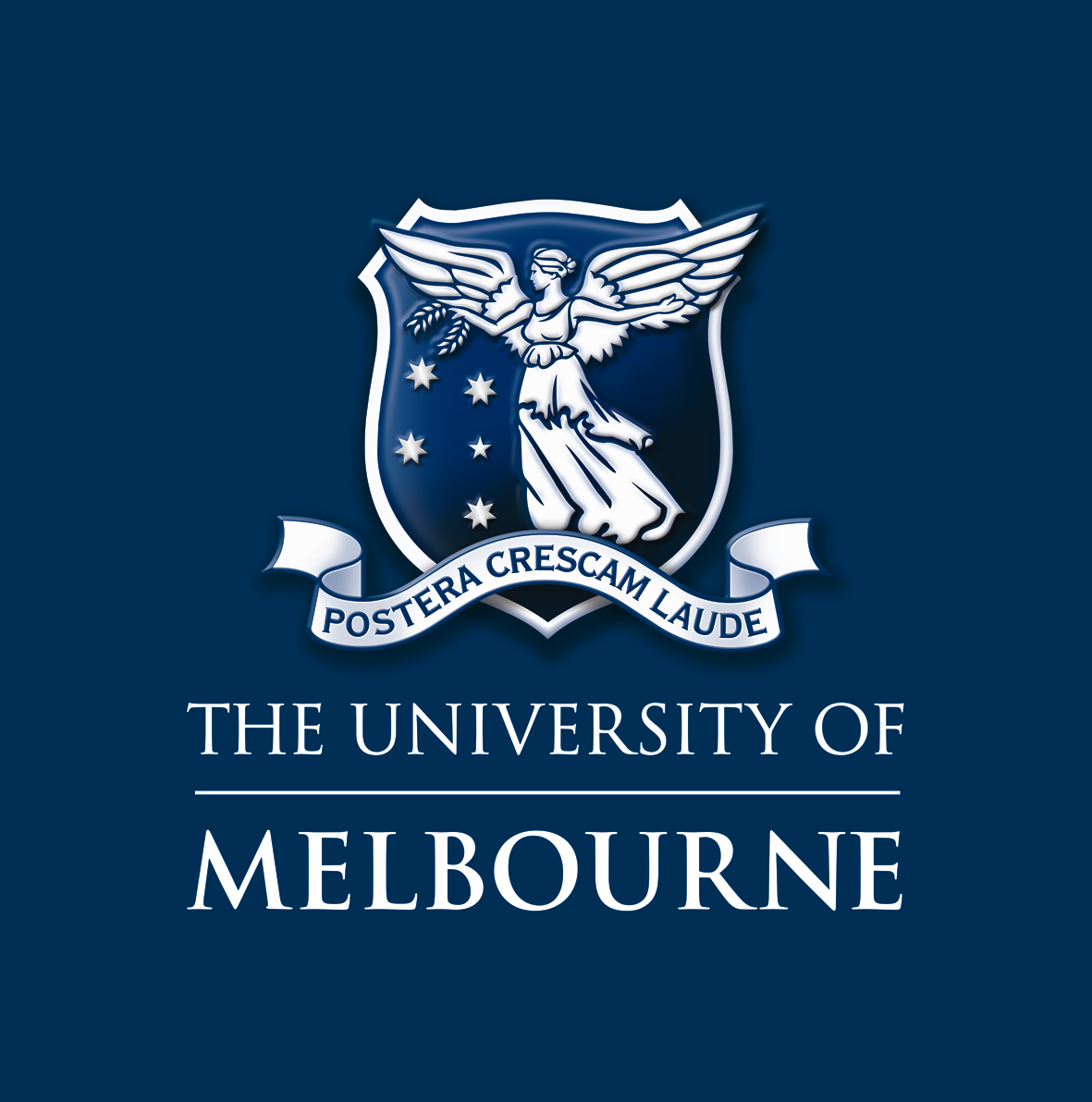Project: The Renovators Dream: Malaria host cell remodelling
McCarthy group
The ability of the malaria parasite, to survive within the host relies on its ability to renovate its RBC home. This renovation is facilitated by the export of proteins into the host cell, where they modify the RBCs properties making them rigid and prone to clearance by the spleen. To avoid clearance the parasite builds a multi-protein complex at the RBC surface called the virulence complex consisting of the knob protein KAHRP and the adhesin (PfEMP1). We are interested in understanding how this complex is assembled and defining its molecular structure.
Contact project supervisor for further
information and application enquiries
McCarthy group
3 vacancies

The McCarthy group investigates the cellular mechanisms underpinning malaria parasite transmission and disease. We investigate the novel banana shaped sexual stages of Plasmodium falciparum, focused on understanding their unique biology and how this contributes to transmission. We are interested in developing and testing drugs and vaccines that may block transmission of the parasite from infected humans to Anopheles mosquitos.
Our research is aimed at understanding the unique biology of the malaria parasite Plasmodium falciparum, with a particular focus on virulence and transmission.
We are investigating:
• How parasites renovate their RBC home to drive virulence and transmission.
• How the parasite makes the banana shaped sexual blood stage gametocyte.
• How this shape helps them survive in the host and be efficiently transmitted.
• How parasites behave inside the human host in vivo.
• How effective specific drugs and vaccines are at blocking transmission of gametocytes from infected humans to Anopheles mosquitos.
In these projects, we will use CRISPR gene editing to create transgenic malaria parasites, which we will study by combing proteomics, molecular and cellular biology techniques with super resolution microscopy to define the molecular players driving gametocyte development and transmission. This in vitro work will be complimented by ex vivo examination of samples from experimental human malaria infection studies, which are focused on identifying and confirming the activity of candidate transmission blocking drugs and vaccines.
A combined in vitro and in vivo approach to understanding how gametocytes mature will inform the development of effective means of combating this debilitating disease.
McCarthy group Current Projects
-
Development of transmission blocking drugs
PhD/MPhil, Master of Biomedical Science, Honours
-
Going bananas for sex
PhD/MPhil, Master of Biomedical Science, Honours
-
The Renovators Dream: Malaria host cell remodelling
PhD/MPhil, Master of Biomedical Science, Honours



